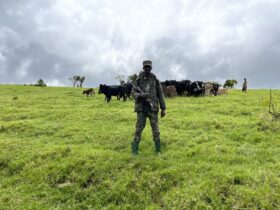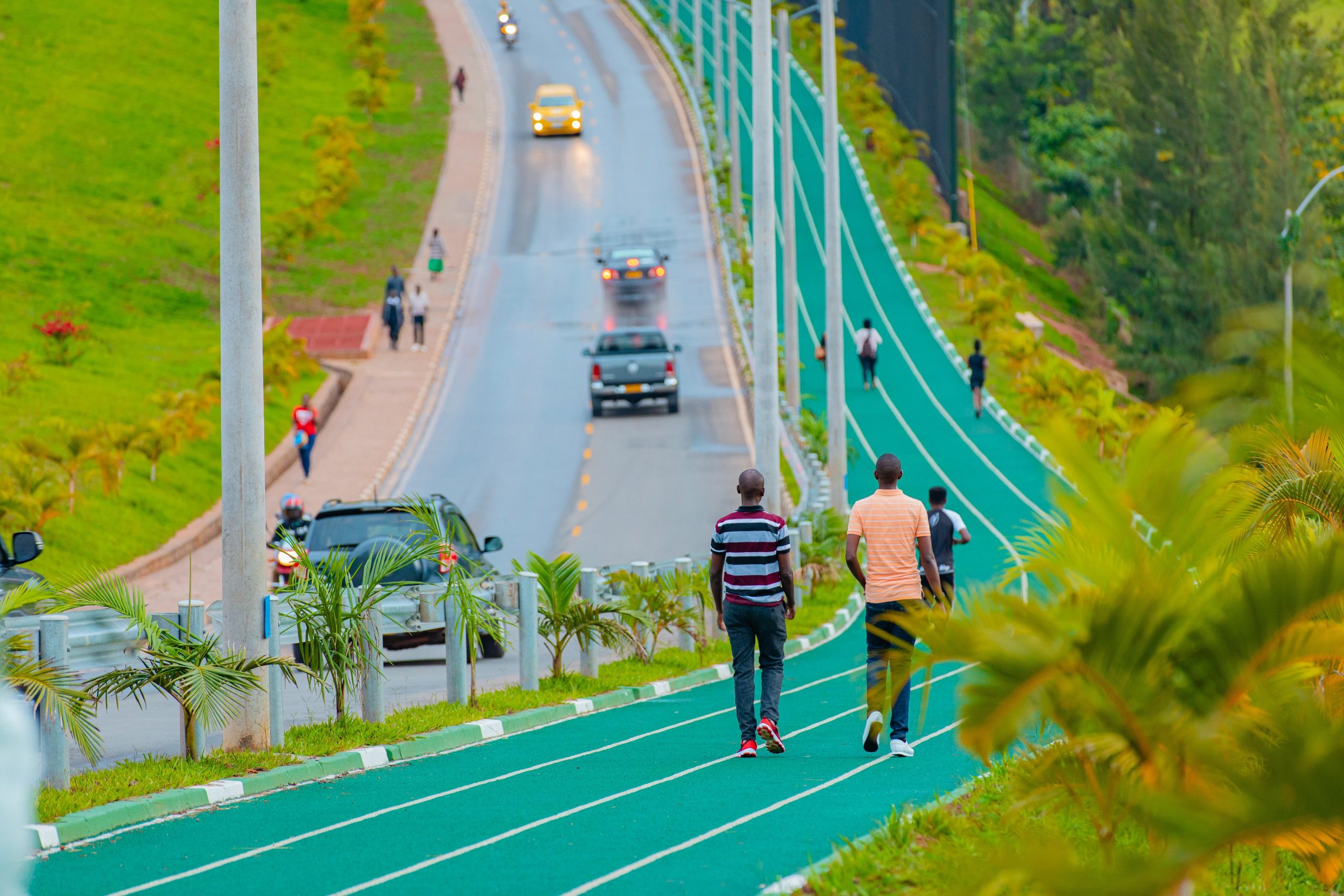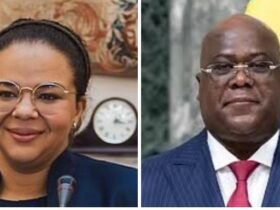English, French, Afrikaans and any other foreign languages are tools; think of a hammer, a screwdriver, a machete or a saucepan. As a Kinyarwanda and Kiswahili speaker, I have no more attachment to French or English than to a screw-driver.
As a Rwandan and an African however, I have bad experience with by tools such as French language and machetes, because in addition to being useful, they evoke nightmarish souvenirs.
Globalization and history make it so that I need to use all these tools, but I am totally unbothered to handle them in a manner that fits me, or shift from one to the other, seamlessly
I could go back to French or English school to make both of them better, but it makes no business sense as far as I am concerned. I go back to Kinyarwanda school, not because it makes business sense, but because it is my duty as a Rwandan and it makes me feel good!
People were all excited when we moved from French to English as the language of basic education. But I haven’t seen them shout when people move from IPhone to Samsung.
Accordingly, our competence is not reflected by the quality of our French or English. We have no privileged affiliation to these languages. We go to the Commonwealth or Francophony events for business or political intents, not to learn languages, or learn anything at all – as our Minister of Foreign Affairs established rather unequivoqually !
The joke is on the people who laughed at the stunning miss Rwanda contender who couldn’t articulate in French. They don’t know what it means to be free. I should show them an Ethiopian friend of mine, born are raised in Washington DC, who speaks English with a thick Amharic accent. And by the way, ‘diaspora’ is an insult in Ethiopia, once you return home, you don’t want people to know…
I choose to introduce myself as ‘Gatete’, because that is what I want to be associated with. That, Nyiringabo and Ruhumuliza; the names of my two grand fathers. My Grand Fathers were good men. I want to live by their example so that people who knew them can respect me; and I will give my children their names.
I am not a practicing christian and I was born after slavery. I don’t know where the idea came from to give me christian and slave names! I don’t mind the small stuff, so it doesn’t really bother me for now. But when I have some time, I may write to the Minister of Justice to delete the French and English names from my identity. And I am willing to offer legal aid to anyone with the same problem as mine.
I am not an Anglophone, a Francophone or a Lusophone; Ndi Umunyarwanda uvuga indimi z’amahanga. Just like Rwanda isn’t Switzerland of Africa or Singapore; Rwanda is Rwanda! We are not trying to be other people, we are who we are!
If you read me because of the quality of my English, please find another blog to read, or start your own; because that is not what you will find on my blog ; there is Shakespeare and Moliere poetry for that.
Here is what great men had to say about it:
– ‘…The European elite undertook to manufacture a native elite. They picked out promising adolescents; they branded them, as with a red-hot iron, with the principles of Western culture; they stuffed their mouths full with high-sounding phrases, grand glutinous words that stuck to the teeth. After a short stay in the mother country they were sent home, whitewashed. These walking lies had nothing left to say to their brothers…’ -Jean Paul Sartre with a loaded agenda, yet prefacing Wrecked of Earth by Franz Fannon ;
- “The price a world language must be prepared to pay is submission to many different kinds of use. The African writer should aim to use English in a way that brings out his message best without altering the language to the extent that its value as a medium of international exchange will be lost. He should aim at fashioning out an English which is at once universal and able to carry his peculiar experience.” -Chinua Achebe, Morning Yet On Creation Day: Essays
- I call myself an apprentice writer. I will be a true writer the day I am able to write perfectly in Kinyarwanda – my mother tongue. My biggest regret today is to have to communicate with my own people in the language of the oppressor – the same one who created the conditions for us to be apart
I speak eight languages: Kirundi, Kinyarwanda, Lingala, Luganda, Kiswahili, English, French and Portuguese. I understand Spanish and Italian. Most of my people speak or understand more than one language. Think very carefully before you judge our language skills… We are able to communicate, transact, even teach and learn in them; that’s enough!
I learned these languages for me; to use as I see fit. As time passes, I aspire to make more mistakes in English, and less in Kinyarwanda. Oh, and I wish I can learn some Mandarin, Arabic and Hindi; I am actually told, that’s where the future is…
Naho ubundi, Rubangura aritsamuye, naho umuzamuwe ati : ‘Urakire boss!’ undi aramureeba, azunguzumutwe; ati iririre sha…















Leave a Reply